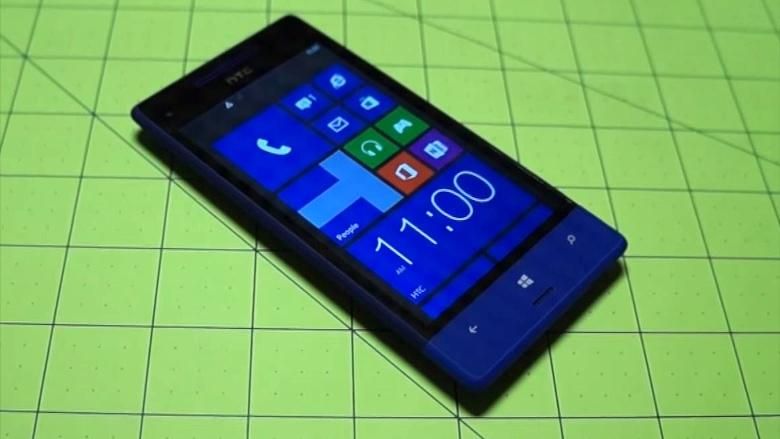Brandon Watson, who was a senior director for Windows Phone at Microsoft from 2010 to 2012, decided to hit back on a tech analyst’s observations about the Windows Phone platform.
Alan Mendelevich, who leads a cross-promotion network for Windows Phone apps called AdDuplex, tweeted a point about Microsoft as the company is expected to be valued at above $1 trillion relatively soon.
So, even though many believed (like me) that it was strategically important even if never gaining huge market share, it had to go for the sake of short-term “shareholder value.” I guess what happened to @tmyerson / Windows yesterday is the logical next step toward that $1B. 2/2
— Alan Mendelevich (@ailon) March 30, 2018
Samsung also had its occasional ATIV-series devices which got decent reviews across the board.
Is this whole exercise beating a dead horse? Maybe. Clearly, this is just one reminder of how dead Windows 10 Mobile is.

